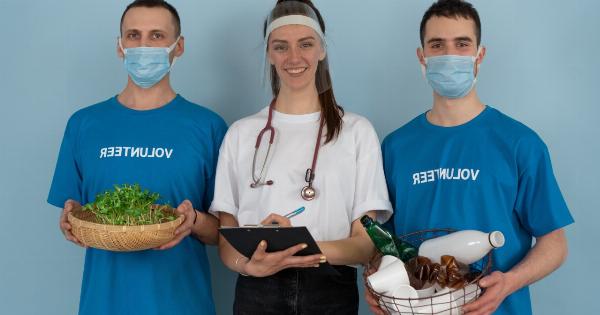Have you ever enjoyed a cold drink or a delicious scoop of ice cream, only to experience a sudden sharp pain in your head? This phenomenon is commonly known as brain freeze, and while it can be uncomfortable, it is typically harmless.
In this article, we will delve deeper into the science behind brain freeze and explore how it affects our bodies.
What is Brain Freeze?
Brain freeze (also known as an ice cream headache or cold-stimulus headache) is a type of headache that occurs when the cold temperature of a food or drink comes in contact with the roof of your mouth.
The technical term for brain freeze is sphenopalatine ganglioneuralgia, which refers to the dilation of blood vessels in the sphenopalatine ganglion (a group of nerves) in the face and head.
What Happens During Brain Freeze?
When you consume something cold, it causes the blood vessels in the roof of your mouth to constrict. This sudden constriction of the blood vessels is what causes the pain typically associated with brain freeze.
The pain is thought to be caused by a rapid change in blood flow, as the dilation of the blood vessels that follows the constriction of the blood vessels creates a sudden increase in blood flow to the brain, which can be sensed as pain.
How Long Does Brain Freeze Last?
The duration of brain freeze can vary, but typically lasts for about 30 seconds. In some cases, it can last for several minutes.
Who is Most Likely to Experience Brain Freeze?
While anyone can experience brain freeze, some individuals may be more susceptible to it than others. People who are prone to migraines, for example, may be more likely to experience brain freeze.
Additionally, individuals who have a family history of migraines may be more likely to develop brain freeze. However, brain freeze can happen to anyone, regardless of age, gender, or medical history.
How Can You Avoid Brain Freeze?
While there is no foolproof way to avoid brain freeze, there are some tips that may help reduce the likelihood of experiencing it:.
- Sip cold drinks slowly instead of gulping them down all at once
- Eat cold foods slowly, allowing them to warm up slightly in your mouth before swallowing
- If you do experience brain freeze, press your tongue to the roof of your mouth to help warm the area back up
Conclusion
Brain freeze may be an uncomfortable and sometimes painful experience, but it is generally harmless and can be easily avoided with some simple precautions.
By understanding the science behind brain freeze and incorporating some best practices to help prevent it, you can enjoy your favorite cold foods and drinks without any unwanted side effects.



























